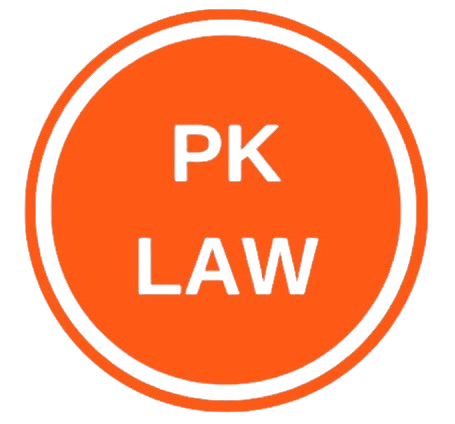What is a will contest?
HOW TO RELATIVE-PROOF YOUR WILL
When you plan and you protect your family, you can relax and have peace of mind.
When talking about their will, clients will frequently say the following to me -” I just want to make sure I don’t have problems from X.”
X can be a an ex-spouse, a child, a child’s spouse, the list goes on.
For a client, this can be difficult to admit or to discuss, but we can help.
This is why a will and estate plan is not “a form.” I get to know my clients. I get to know their relationships with their children, their spouse, their business partners, etc. These dynamics are extremely important in planning. These are not check the box answers or check the box solutions.
People’s lives and the property and assets they have acquired are the result of a lifetime of decisions.
You probably worked most of your life. You maybe raised children. You may have started or purchased a business. Everything you did required thinking, sacrifices, and difficult decisions.
Over time, and after a lot of hard work, you acquired some assets. Now, you need to make sure you protect these assets and that they go to the people of your choosing at the time of your choosing.
What does this all mean and what can you do about it?
Do we leave assets outright to our kids? This may make these assets subject to a spouse or ex-spouse or a creditor.
Do I need a trust or a will?
How do I make sure the court is not involved and my designated loved ones are making decisions on my behalf and for my estate?
Is it better to keep these assets in your bloodline? Most of my clients want to provide for their children and their grandkids. They want to make sure their assets are protected in case of divorce, lawsuit, or irresponsible decision-making.
We will study these issues in later posts but for now, let’s get down to basics and learn the general ways people can contest wills.
Having an updated last will and testament is more important than ever, especially now. However, a will that is poorly created or not frequently updated can be vulnerable to contestation.
What is contestation?
It is the formal objection to a will’s (or trust’s) validity because it either: a) doesn’t reflect the wishes of the person who created the will, or b) because the will does not meet legal standards.
Will contests should be avoided at all costs. Not only can a contest derail your final wishes, but it can also rapidly deplete your estate and wreak emotional havoc on the family members left behind. Fear not. With proper planning, you can prevent that from happening.
Who can contest a will?
Will contests are usually brought on by individuals (could be family members, close friends, or business partners) who believe they have been wrongly disinherited. However, not all of your family or friends have the ability to contest your will in court. They must have legal “standing” to file a lawsuit. Standing means that a person involved in a lawsuit will be personally affected by the outcome of the case.
The following people have the ability to contest a will in probate court:
● Current beneficiaries that are named in the will
● Previous beneficiaries who were disinherited but were included in a previous will
● An individual not named in the will but who would be eligible to inherit property based on a state’s intestacy laws (typically a biological child or spouse)
If a will is successfully contested, then the court will declare the will invalid and “throw it out.” If there is a previous will, then the court will abide by those terms. If there are no other estate planning documents, the state’s laws of intestacy will decide who inherits what property. As you might expect, this can be a disastrous outcome for your intended beneficiaries.
Planning tip: Depending on your circumstances and goals, a trust can have superior benefits to a will; like offering better asset protection and enhanced privacy by keeping your personal information out of probate (a public process all wills must go through). If you’d like to learn more about the differences between trusts and will, and see what is a better fit for you, call our office (954) 233-0682.
We are here to help.



